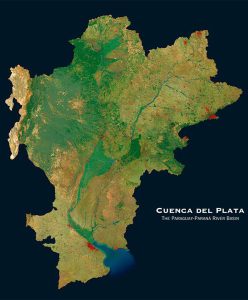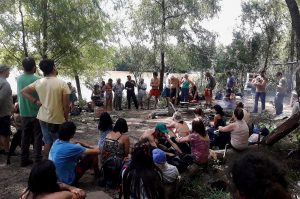REIKA SHIMOMURA is one of the nine winners of 2022 Freedom Lab’s Shirley Graham and W.E.B Du Bois Award.
Her research project is highlighted below. Read other student researcher’s projects here >>
REIKA SHIMOMURA
Supported by Professor Daniel Weissglass
Project title:
College Students’ Perception of COVID-19 Emergency Response on Campus – Delphi Study on Duke Kunshan University Students Class of 2022 to 2025
Project summary:
Students or the members of an institution are placed in a disadvantaged position in the situations of infectious diseases’ emergency response and interventions. In this study, the ethical issues regarding the power dynamics of the relationship between the institution and the members of the institution are addressed. This study will give an opportunity for the voices of the members to be heard by the upper-level decision makers of the institution and have actionable content that can be considered in future emergency-related policies. Continue reading “Student Research Project: Reika Shimomura’s “College Students’ Perception of COVID-19 Emergency Response on Campus – Delphi Study on Duke Kunshan University Students Class of 2022 to 2025””






 This project combines ethnographic analysis and creative collaboration with Casa Rio to explore ways that citizenship and justice are being reconceived in biocultural terms. Over the last decade, Casa Río: Laboratorio del Poder Hacer (River House: Building Power Lab,
This project combines ethnographic analysis and creative collaboration with Casa Rio to explore ways that citizenship and justice are being reconceived in biocultural terms. Over the last decade, Casa Río: Laboratorio del Poder Hacer (River House: Building Power Lab,  The Paraná wetlands connect people, economies and ecologies in Argentina, Paraguay, Brazil, and Bolivia, providing irrigation and transport for the largest soy producing region on earth (the so called ‘republic of soy’). The Paraná has also become a flashpoint in Argentina for thinking about the relationship of ecological sustainability to social justice, and both in relation to accelerating climate change and extractive industry.
The Paraná wetlands connect people, economies and ecologies in Argentina, Paraguay, Brazil, and Bolivia, providing irrigation and transport for the largest soy producing region on earth (the so called ‘republic of soy’). The Paraná has also become a flashpoint in Argentina for thinking about the relationship of ecological sustainability to social justice, and both in relation to accelerating climate change and extractive industry.